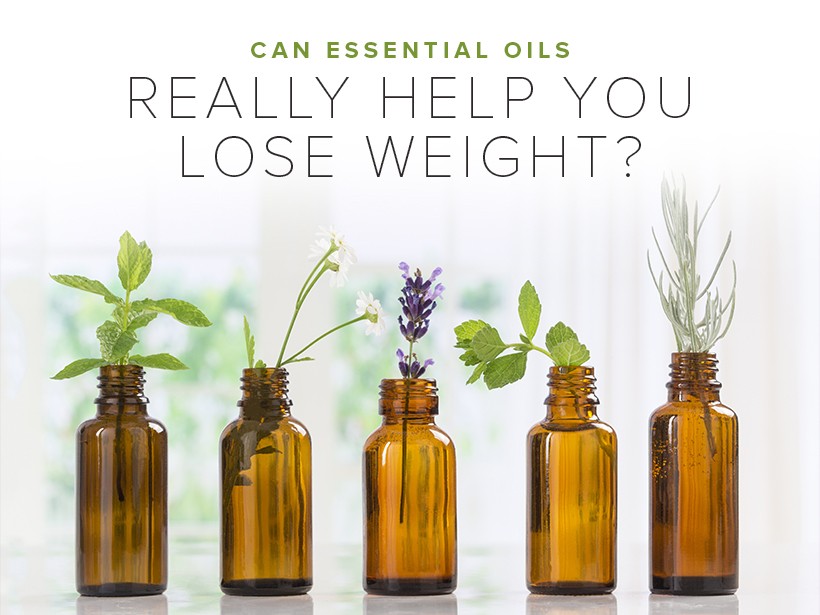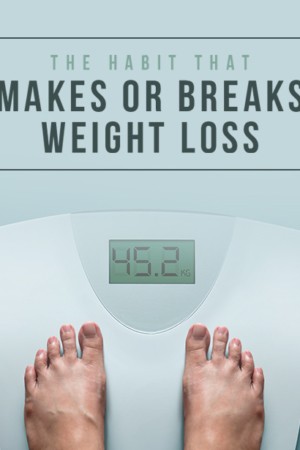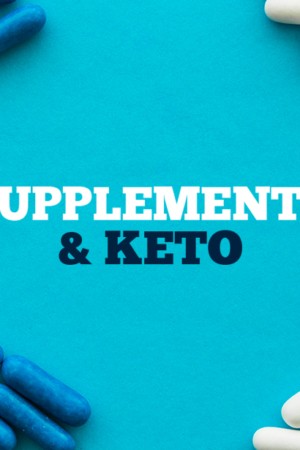In an era plagued with concerns over GMOs, unnatural chemicals being used to create everything from children’s toys to dog beds, and non-science based fears over vaccines potentially harming health and causing longstanding mental illnesses, the world of holistic healing rose from the ashes by offering “natural alternatives” to common illnesses. One of the biggest trends to come out of the natural healing craze is the use of a wide variety of essential oils to treat everything from migraines to depression. Essential oils activists often claim that ingesting a small amount of essential oils with their water or in a smoothie provides them with the same benefits of modern medicine without the added chemicals.
Essential oils proponents also claim that the oils provide a quick path to weight loss. One article from Up Nature claims that grapefruit oil, peppermint oil, and lemon oils are all effective in speeding up weight loss.1 But does the science actually back up these conclusions–or are they nothing but fiction? Read on to learn the truth about essential oils and weight loss.
What are essential oils?
Essential oils are pressed oils that are extracted from natural substances like roots, fruits, and plants. These oils contain the aroma and the natural chemicals that are present in the plants. Like supplements, they are not regulated by the FDA, which has caused controversy for multi-level marketing companies like DoTerra and Young Living, whose representatives often make claims that are not backed by evidence in an effort to sell their products.
Can essential oils increase my metabolism?
There is currently no peer-reviewed study that has found results supporting the idea that essential oils can increase the number of calories that you burn. In fact, in a 2001 literature review of alternative medicine, the authors stated that they were “currently aware of no plausible mechanism of action or credible data supporting the use of aromatherapy for weight loss.”2
Similarly, there are currently no peer-reviewed studies that suggest that ingesting essential oils can have any effect on weight loss. Citrus-based oils have been heavily investigated in terms of weight loss, but only on rodent test subjects. While some preliminary research suggests that there may be potential for future research into the subject, current studies were not conclusive enough to make any definite statement connecting the use of essential oil and weight loss.3
What about appetite suppression?
Now that you know that essential oils usage won’t speed up your metabolism, you may be asking yourself if they can help you lose weight by stopping you from consuming too many calories in the first place. Though minute effects of grapefruit oils have been found to affect the appetites of rats, there have been no conclusive studies that suggest that the same results would be found in humans.4 Instead of consuming essential oils (which is not recommended by the FDA), try focusing on upping your exercise and drinking plenty of water to reduce your appetite.
The bottom line? Unless you’re looking to buy a diffuser and make your home smell a little nicer, there is no proven scientific benefit to purchasing essential oils–especially not for weight loss. Instead of spending your hard-earned money on oils that have not been proven to work, why not spend your time researching science-backed weight loss and exercise plans like the ketogenic diet? There are plenty of well-researched strategies to help you lose weight…but for now, essential oil usage isn’t one of them.
NUTRITIONAL DISCLAIMER
The content on this website should not be taken as medical advice and you should ALWAYS consult with your doctor before starting any diet or exercise program. We provide nutritional data for our recipes as a courtesy to our readers. We use Total Keto Diet app software to calculate the nutrition and we remove fiber and sugar alcohols, like erythritol, from the total carbohydrate count to get to the net carb count, as they do not affect your blood glucose levels. You should independently calculate nutritional information on your own and not rely on our data. The website or content herein is not intended to cure, prevent, diagnose or treat any disease. This website shall not be liable for adverse reactions or any other outcome resulting from the use of recipes or recommendations on the Website or actions you take as a result. Any action you take is strictly at your own risk.
- This Grocery Store Team Lost Over 200 Pounds Using Keto - December 19, 2018
- Treating Diabetes with Weight Loss - December 12, 2018
- Ancient Nutrition Connects With Natural Partners - December 5, 2018




